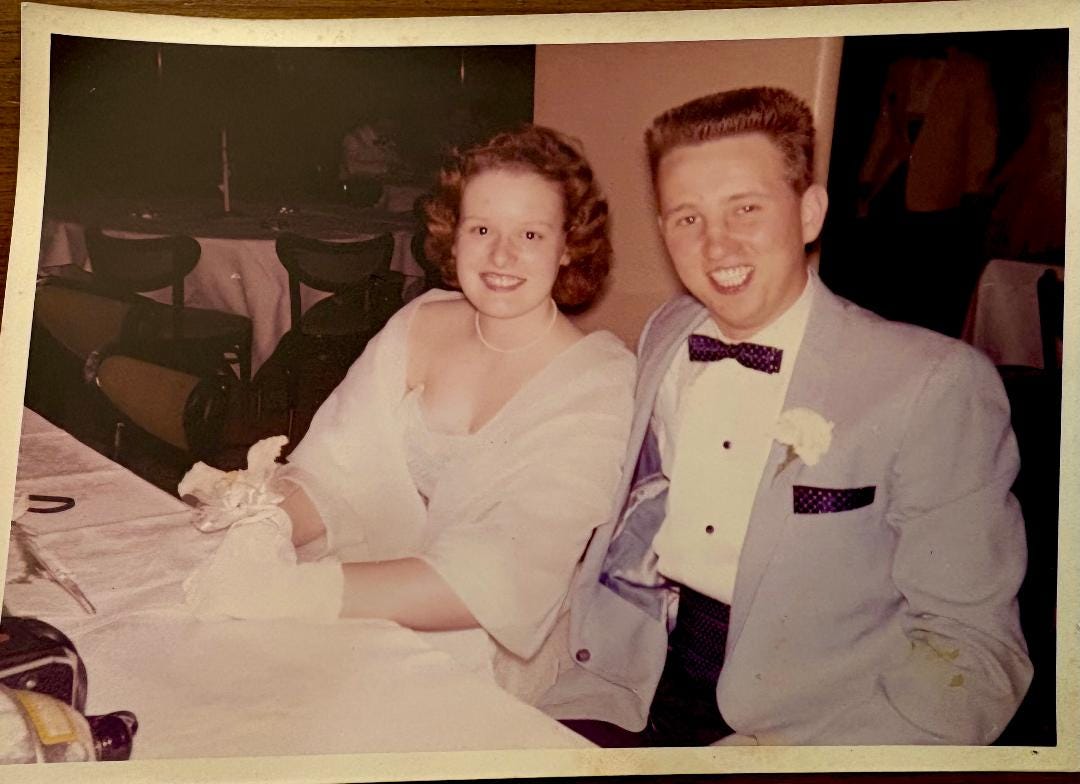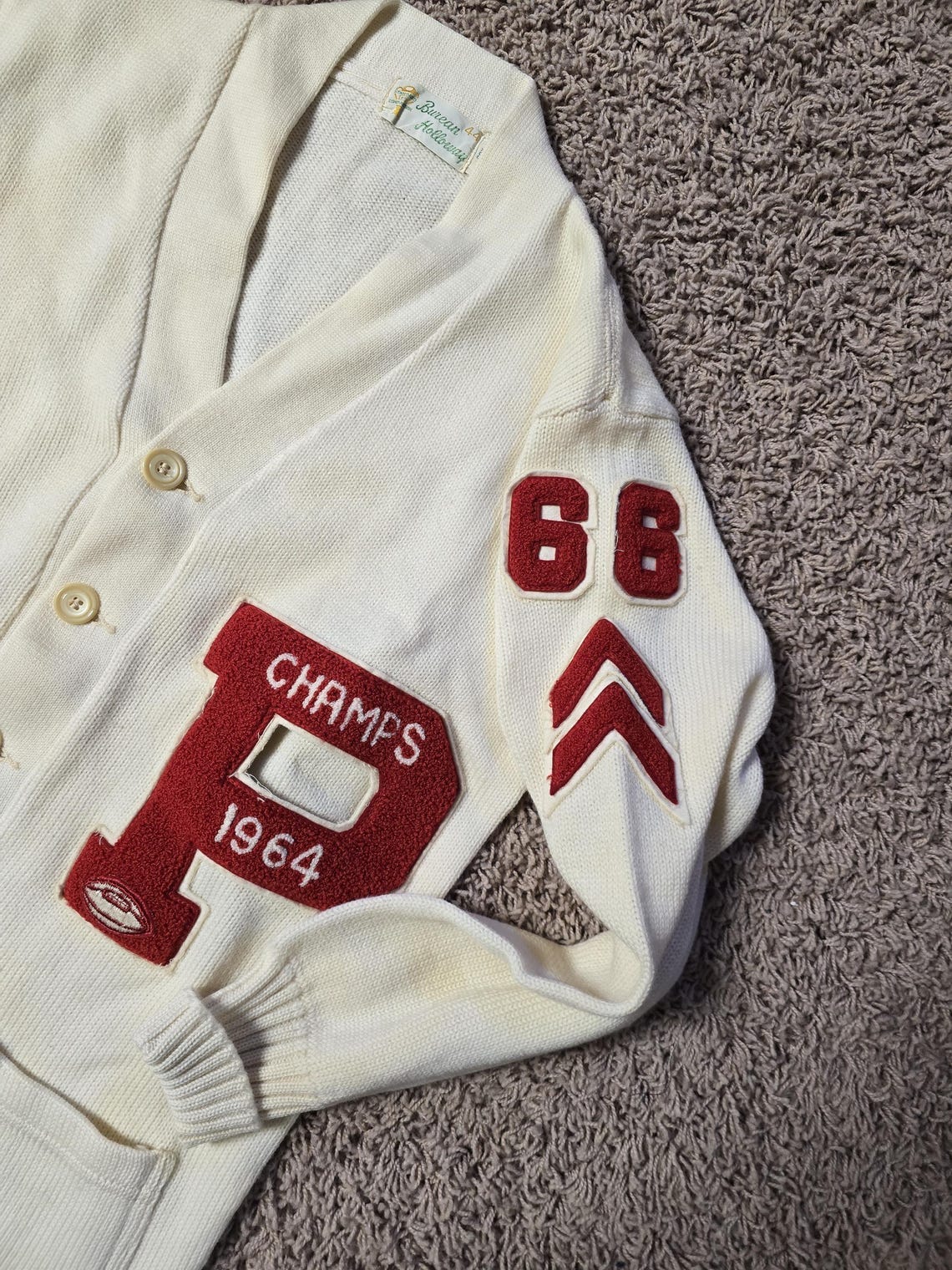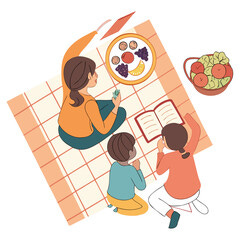QUIDDITY 95
It Became More Than That; Meanderings, Hypatia's Bookroom
The Memory of Grass
A Short Story by Leah Napolin
Part 2
(At the end of Part 1, lying in bed with Hunt, Emma begins to recount a vivid memory of the old servants’ quarters.)
“It was so dark in here and smelled so old! I was hearing things like the scurrying of mice behind the walls and the creak of floorboards settling. Don’t think I wasn’t scared! The plaster was falling down; there were cobwebs everywhere and dust this thick on the windowsills! I ran my fingers over it and thought about the way things used to be before Randall lost all our money. We had lots of help living in, back when me and Randall were growing up. Birdie was hired by my father. Up till then, I’m told, she had a hard life. Three husbands in all; two of ‘em she buried. Dawna took over when Birdie got too old to work and stayed on after my parents died. We entertained a lot in those days. Real nice parties. Poor old Randall; even then he was a hard-drinking man. Bad times sure didn’t improve him.
“Where was I? Oh yes. Well, all of a sudden I see some trash lying in one corner, beer cans and cigarette butts, and think to myself ‘Hm, that’s odd!’ In my hand I notice for the first time something I picked up from the windowsill. It’s a woman’s comb with broken teeth and a few dusty hairs in it. I set it back on the windowsill, along with some hairpins.
“Then, I walked to the kitchen and the back hall, which was long with rooms off of it, all empty, as I knew they would be. But, I had the feeling that whoever lived in ‘em had just left, stepped out for a minute. I walked down the hall till I couldn’t go no further ‘cause I was at the back stairs, which went to this little room I remembered under the eaves. And, something told me to go up it, so I did.
“As I got to the landing I looked in--the door was open, maybe a foot. There wasn’t a sound, mind you. And I saw them: Dawna and Horace, my brother’s driver and odd-job man.
“The two of ‘em was lying bare-assed on this old mattress, and I couldn’t tell you what they were doing, or just finished doing, but all’s it seemed to me was them just petting and sighing and sweet-talking.
“It was the shock of it, coming on them like that. Not that it was smutty or anything, as some might think. But I froze, just froze! Seemed like time was going on endless, endless like the pyramids! Seemed like all three of us--the two of them lying there in love, and me looking through the slats of the bannister, through the half-open door--were part of the same picture, and we’d stay there so long as I didn’t move or in any way disturb it. If I so much as breathed, I was afraid it might vanish, like a stone dropped in water.
“But then I s’pose I came to. I felt awful--embarrassed to death! So, I backed off very quiet-like and tiptoed down the stairs and out the door.
“When I got to my own room again--nice lace curtains, china figurines, rugs on the floor--I think I threw myself down, clothes and all, no bath, and slept like the dead! I don’t even remember falling asleep or waking up for that matter. But, when I did, it was as if the whole thing never happened. Like I’d dreamed it.
“I never said a word to Dawna, and she never let on she knew that I knew. But, I think she did. I kept my eye peeled after that, and I don’t think they ever come near this place again. That was three, going on four years ago.
“Since then, old Birdie passed away. Dawna’s husband come back from Fort Benning, and she left him, not with Horace but with someone else. Horace quit and took a job in Birmingham. They built the highway just a hundred yards off the front porch.
“Randall decided to sell; I didn’t have much of a say in it. Randall makes all the family decisions. Everyone we knew had moved away by then, anyway. Surely you heard we sold it; everybody knows. The notice was in the papers. In fact--”
She stopped and swallowed against the pain of the news she was about to impart.
“In fact, it’s coming down tomorrow. Yessir! Developers bought it. Tract housing they’re going to put up; rows and rows of teeny little dwellings called ranch houses, salt boxes, each look like the other--”
“Tomorrow?” asked Hunt.
“Funny thing--going back to what I was telling you--I kept that scene with Dawna and Horace in the back of my mind for the longest time. I might think of it before going off to sleep at night. Or when I was supposed to be doing other things it would come back to me. Then, when I met you--” she touched his face, tenderly, “I thought of it again, and I knew without a moment’s hesitation what I wanted to do. Don’t ask me where all my nerve comes from, but I wrote you that note from the town where we’re staying, then sneaked back here, let myself in and lay down to wait. On this very same cot. Didn’t know if you’d come or not. But you did.”
As he looked at her, a lump rose in his throat. He was unbuttoning his clothes, and his fingers were getting tangled up. He was furious with himself. She reached out and stilled his hand; after all, it wouldn’t do to have him in a rush. When his clothes were off and lying on the floor she could see he was in an anxious sweat, hard already with desire. It stood out from his body like a rude handle, and she thought, unpleasantly, that it rather marred the symmetry of whatever it was she sought. If Horace had been--tumescent was the word, wasn’t it?--she had at least not been aware of it. But then she rebuked herself. Sex was what Hunt Webb had come for, no doubt, and it was also what she wanted from him, wasn’t it?
But things were not the way she hoped. He lay down on the narrow cot next to her, too close, breathing heavily and lifting masses of her hair to his face to smell it, to crush it against his mouth like some worshipful dog, moving his body against her, getting ready to jab that thing into her. She put her hands against his chest.
“Easy there,” she said, and ventured a smile.
He looked at her as if she were a little crazy, which indeed he supposed she was. “What’s wrong?” he wanted to know.
“Didn’t you understand a thing of what I was telling you just now?”
Hunt pondered her question a moment. “If it’s something special you want done, why don’t you come right out and say it? I’ll do it! There’s nothing I don’t know how to do. I been in the Navy. I’m no virgin, you know.”
It occurred to Emma Craybaugh that she’d made a terrible mistake. She felt sick when she thought she might have to go through with it, after all.
(end of Part 2)
(to be continued)
###
MEANDERINGS: “My Pasta Family”
PART 3 – Nonna and My First Marriage Proposal
(In Part 2, Barbara works with Nonna to create lasagna that is served for dinner during which she is introduced to “Frank Palmer.”)
My parents were supportive of my dating Frank, and there was no reason for them to think differently. As expected, he was always on time, greeting mom and dad with a brief conversation.
“Hi, Mrs. Murphy. Did you laugh as much as I did at Monsigneur Carlin’s joke in this week’s bulletin?”
“Frank, I can always count on you to catch his little jokes.”
“Mr. Murphy, when we have a chance, can we take a look at my carburetor? Think it needs an adjustment.”
“Sure thing.”
And gave them no reason to worry.
“Promise to have Barb home on time, Mr. and Mrs. Murphy.”
Frank and I never spent an evening at my place. I didn’t think about it then, but it’s interesting to consider why my parents never asked me why we never had dinner with them or why we never spent an evening there.
Our plans usually involved a school event that ranged from going to the movies or to school plays; from dances, to Central High’s football or basketball games; from school dances or proms, to an evening at a local club; or from birthday parties, to special celebrations. During football season, the “boys” would gather at the Petrillos for a (before, during and after) dinner rehash of that day’s game. It didn’t matter whether it was high school, college, or pro. We, girlfriends of the guys, would prep the food and clean up the results of our “Saturday night” dates. (By the time we were washing dishes, Nonna had gone upstairs to bed, her master chef duties done.) After more than a dozen Saturday dinners at the Petrillos, Frank and I became a “couple.” We termed it back then “going steady,” which was confirmed when he gave me his varsity letter sweater, which I wore as if it were my dating uniform. -I was Frank’s girl. (Cue the Duprees singing our song: “Just remember, darling, all the while /You belong to me.”)
For me, Frank, and many of my friends, Donna Petrillo’s house and Nonna’s cooking remained our high school homestead and diner. When any of us brought up the subject of what comes after we graduate, it was over a meal or snack at the Petrillo dining table. Donna and I, as juniors, were looking forward to college; the guys, all seniors, talked about working after graduation. Aldo and Frank just assumed they would apprentice themselves working with Marco, Donna’s older brother and a union electrician. They never mentioned college for themselves. AND, they never paid attention to what “the girls” were planning post-graduation.
This was true until the Petrillo gathering after Frank’s senior prom. Near midnight, the gang crowded around the dining table and critiqued the gowns, tuxes, music, and venue.
We were snacking on Nonna’s assorted biscotti when, oblivious to the girls also sitting around the table, Aldo mused, “Holy shit, guys, in a month, all this’ll be over.”
“Whattaya mean “all this?” Frank asked.
To which a loud mishmash of cross-talk rumbled above the our post-prom huddle.
The announcement ignored the six ruffled, corsaged girls heavily made-up with drooping fake eyelashes. As always, we shrugged our shoulders and began to clear the table while we giggled, gossiped, washed dishes (And, I grew impatient with the small talk.) accompanied by the crescendo of male chest beating.
Driving home, I couldn’t ignore the guys’ post-grad conversation and their leaving me and the rest of the girls out of it.
“Frank…do the guys care at all about what we think? Do the guys ever think about asking for our opinions?’
“Come on. You gals are always there. You could pipe in if you wanted.”
“No, we couldn’t. We need you to invite us. But, you never do.”
“Look, we aren’t really interested in all that girlie stuff. And, I guess we figure you’re not interested in our stuff. That’s just the way it is.”
“That’s not the way it is. Do you want to know what I think about football or baseball? I might have something interesting to contribute. But, you probably think I don’t know anything about sports. Well, you’re wrong. Most of the girls DO know sports, and most of them ARE involved with sports. You and the rest of the guys don’t know everything.”
“Shit, Barb. You really exaggerate sometimes.”
“I’m not exaggerating. I just want you to see we’re considered after-thoughts, ya know. Right now, this whole thing seems really important to me.”
“Okay. Okay. Gotcha. Next time, we’ll ask you and the rest of the gals what you’re thinking.”
‘No, you won’t. You’ll forget about it. And, I won’t force you to remember in front of the gang.”
“Look, we’re almost at your place. Can we talk about this tomorrow after Mass?”
My anger, frustration and disappointment wasn’t going to be subdued, ignored, or postponed. Something was wrong here.
“NO. I know all about YOUR plans after YOU graduate. I may be a year behind you, but do you know what I’m hoping to do afterwards? Do you, honestly? Have you ever asked me/”
Frank suddenly and sharply pulled the car over to the curb. Choking the steering wheel and staring straight ahead, “Okay. What are YOUR plans after YOU graduate. I just figured that after I get my electrician’s license and join the union, we’ll get married, have a couple kids – you know --”
I cut him off before he had a chance to finish. “YOU thought. Did you ever ask what I thought? Did you ever HEAR me when I talked about college? Did you ever ask what colleges I wanted to go to? Did you ever ask what I wanted to do with my life? Or, did you just figure I would be your pasta cook and take care of the kids?”
Frank slowly turned away from the steering wheel and stared at me. “Jesus, I can’t do anything right, can I.”
“That’s not true. You don’t listen. I want you to be interested in what I’m doing, too. I need you to understand that I don’t think about marrying you. What I DO think about is going to college and becoming a doctor, Frank. Not a secretary, not a nurse, not a housewife. I want to be a doctor, Frank.”
Silence was the response to my tears and imagined future.
“Frank, say something.”
“We’re a block away from your place. Do you want me to walk you to the door?”
“That’s all you have to say?’
Frank said nothing more. And, as the days, weeks and months of my senior year passed, nothing really changed. The same conversations, the same disappointments. A kind of dating numbness set in. We saw each other less and less often. Less often as I applied and was accepted to several colleges, thankfully some with scholarships. I remained Nonna’s “piccolo cuoco,” but Frank came to dinner at the Petrillos fewer and fewer times -- until we stopped setting a place for him.
But, there was one change. Nonna taught me how to make her secret Bolognese sauce.
(I found the varsity sweater about a year ago when I was cleaning out a trunk. I hope the St. Vincent de Paul Society has found it a good home.) &
###
HYPATIA’S BOOKROOM
A New Kind of Library
“I have always imagined that Paradise will be a kind of a Library.” –Jorge Luis Borges
QUIDDITY, is building its own library of books that are of importance to us--intellectually, emotionally, spiritually, ethically, etc.-- books that we would definitely rescue from a trash pile. We’re calling it Hypatia’s Bookroom after the chief librarian of the ancient library of Alexandria. Tell us the title, author, category, and why this book is important to you. Questions you might consider include: Would you read this book again? Would you gift it to someone (who, why)? What note would you write on the cover page?
On the shelves so far: The rescued books selected by readers has grown and takes up too much space to list them all here. You can peruse the entire listing by going to the BLOG section of my website at blmurphy.com.
“There are so very many books, and we have forgotten almost all of them.” (Lit.Hub) May we save all we can.
Kafka’s ideal of what a book should be: “An ax for the frozen sea within us.” (Sigrid Nuez interview in “By the Book,” NYT Book Review, 12/10/23)
**********
Hypatia’s Bookroom centers on rescuing endangered books. Well, have we thought about helping the readers of books? November is the month of giving thanks with an abundance of food. But, given the current political situation centering around access to and availability of healthy/nutritious food for children, I could not ignore the following email I recently received.
Original Message:
Sent: 10-27-2025
From: Cynthia Swanson
Subject: Read a Book, Feed a Neighbor program
”Given the appalling situation with SNAP benefits disappearing, I was thrilled to come across this great idea from author J. Kyle Turner: Read a Book, Feed a Neighbor. Here’s the idea: authors pledge to donate their November royalties to food banks - in any proportion the author chooses, to the food bank of the author’s choice. Readers buy the book, and their purchase benefits not only themselves (great new book to read!), but also folks needing food assistance. Check out Kyle’s Substack post. He explains the process, how authors can get in on this, and what books are included. He expects this list to grow, and as it does, he’ll sort it by genre.”
Read a Book, Feed a Neighbor is not a single program but a common theme for different literacy and hunger-relief initiatives. This includes: Read to Feed, a program where children raise money for food by reading); Read and Feed, an after-school literacy program that provides meals, tutoring and books to children from low-income families; the #RABFAN (Read a Book, Feed a Neighbor), a campaign encouraging authors to donate royalties from book sales to their local food bank in November, and readers to purchase these books.
Cynthia Swanson is on board with this for her latest novel, Anyone But Her. 100% of her November royalties for copies purchased at indie bookstores, Bookshop, B&N, and 30% of her November Amazon royalties, will be donated to Food Bank of the Rockies. The hashtag #RABFAN presents a graphic that can be used on social media. It would be great to share this widely. Ms. Swanson says she’s not sure what will happen if the list gets huge, but she will cross that bridge when and if #RABFAN comes to that.
I’m accepting Cynthia’s request/challenge and will be donating to Read and Feed this month.
Not all of us are authors, but each of us is a reader. So, whether as an author or as a reader, if you’re so inclined, please join Cynthia and me in support of this idea. And please share widely! Thank you! &






